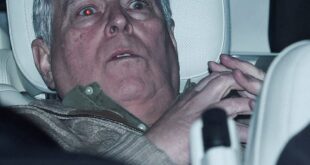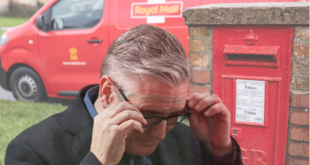Sir David Attenborough turned 98 in May and attributes his good health to a few dietary choices. The adored naturalist, known for his captivating BBC documentaries, previously dialled down his red meat intake, though he hasn’t turned completely vegetarian.
He told The Sun in 2017: “I have certainly changed my diet. Not in a great sort of dramatic way. But I don’t think I’ve eaten red meat for months.
“I do eat cheese, I have to say, and I eat fish. But by and large, I’ve become much more vegetarian over the past few years than I thought I would ever be.” Attenborough’s thoughts come amidst increasing scientific concern over the role of red meat in the onset of serious health conditions, according to the Express.
Earlier this year, Harvard scientists unearthed a ‘significant link’ between ‘heme iron’ and the rise of type 2 diabetes. While this may sound unfamiliar, it’s the type of iron present in beef, lamb, liver and various fish, that your body absorbs when eaten.
At the time, corresponding author professors Frank Hu and Fredrick J. Stare said: “This study underscores the importance of healthy dietary choices in diabetes prevention. Reducing heme iron intake, particularly from red meat, and adopting a more plant-based diet can be effective strategies in lowering diabetes risk.”
Meanwhile, NHS guidance also advises against eating too much processed and red meat as it might increase your risk of bowel cancer. The health body’s advice adds: “Processed meat can also be high in salt and eating too much salt can increase your risk of high blood pressure.
“If you currently eat more than 90g (cooked weight) of red or processed meat a day, it is recommended that you cut down to 70g. Red meat includes beef, lamb, mutton, pork, veal, venison and goat.”
Despite his healthy diet, he reportedly admitted to Anderson Cooper in a 2021 interview that he worries about cognitive decline. The thought of becoming ‘helpless’ from something like Alzheimer’s is among his biggest fears.
Yet he shows no signs of slowing down, still providing his legendary narration for BBC wildlife documentaries despite the passage of time.



